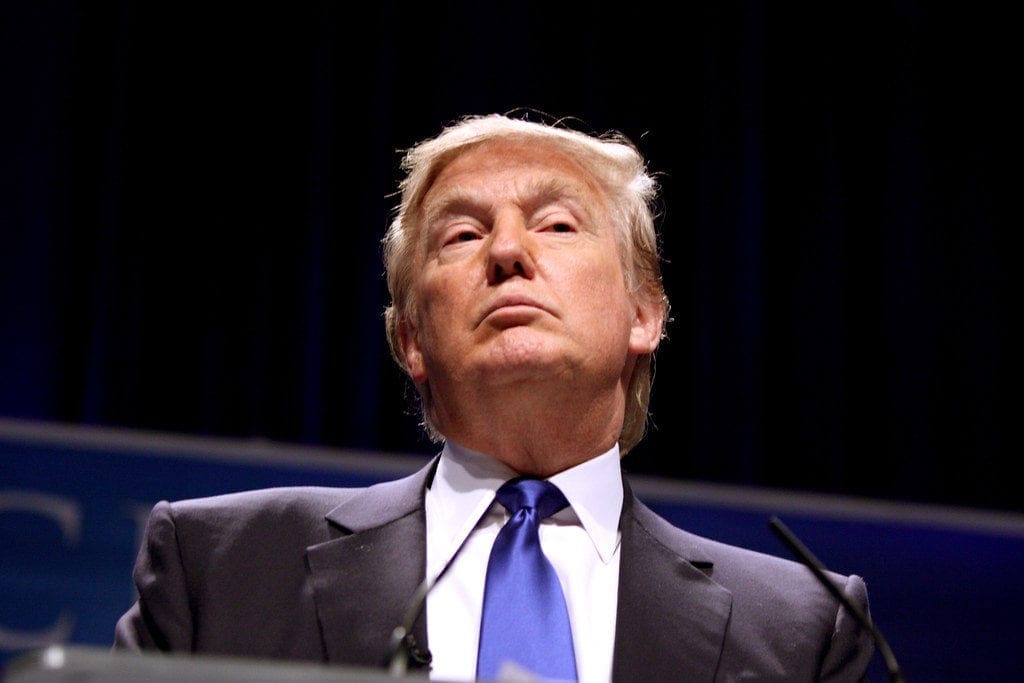President Donald Trump is on the verge of seeing the economy collapse, experts have been warning about this for quite some time. But as the president tells the press a recession isn’t on the way, his own White House officials are working around the clock to try to revert the downward trend.
According to many reports, senior White House officials are discussing what plan of action they should take to curb the future economic slowdown, taking a particularly close look at pushing a temporary payroll tax cut to stimulate consumption — a sure sign that the administration knows the economy isn’t as strong as advertised.

The payroll tax, a measure that the economist Milton Friedman helped to create, steals the income of over 70% of American workers, even those who do not pay the so-called “income tax,” making it one of the most effective tax mechanisms the federal government has in place. And it is precisely because the payroll tax manages to hurt both the poor working man and the employer that it is particularly damaging to the economy.
As Mises Institute’s Ryan McMaken explained, the payroll tax “is assessed at a flat and regressive rate of more than 15 percent, once both worker and employer shares are included.” And even those who are self-employed are impacted, as the feds force them to pay the “self-employment tax” in place of the payroll variety.
Needless to say, this represents a big chunk of a person’s income, putting people living paycheck to paycheck in a particularly difficult situation, so by targeting this tax during an economic crisis, the Trump administration would be taking a highly popular approach. Unfortunately, not even a temporary payroll tax cut would make up for what the average American consumer is losing thanks to the president’s trade war.
According to GoldMoney’s head of research, Alasdair Macleod, Trump’s 25% tariff on Chinese imports may bring billions into the Office of Management’s funds, but over time, the added cost will translate into more expensive goods. And when people in the low- and middle-income brackets see prices rising, they stop buying.
And as the tariffs spill over to domestic products that rely on Chinese imports, things could get much worse.
“[G]iven the indebtedness of the average American consumer,” Macleod wrote, “the ability to pay higher prices is obviously restricted, suggesting that overall demand must suffer, not just for imported Chinese goods, but for domestically-produced goods as well. It is therefore likely there will be both an impact on price inflation and a fall in consumer demand.”
So as Trump plays it cool on Twitter, saying that if anything wrong happens it’s the Federal Reserve’s fault, it’s clear that his own officials disagree.
Like his predecessor, Trump learned quickly that all it takes to calm everybody down during a recession is to give the taxpayer the illusion they are relinquishing less of their hard-earned money to the feds.

























